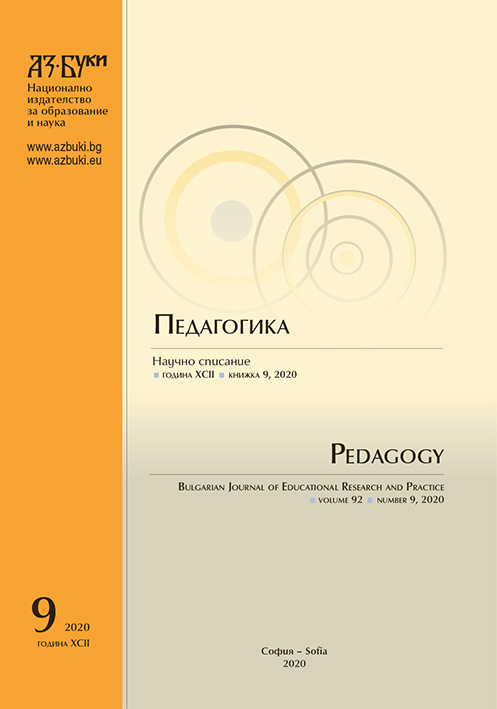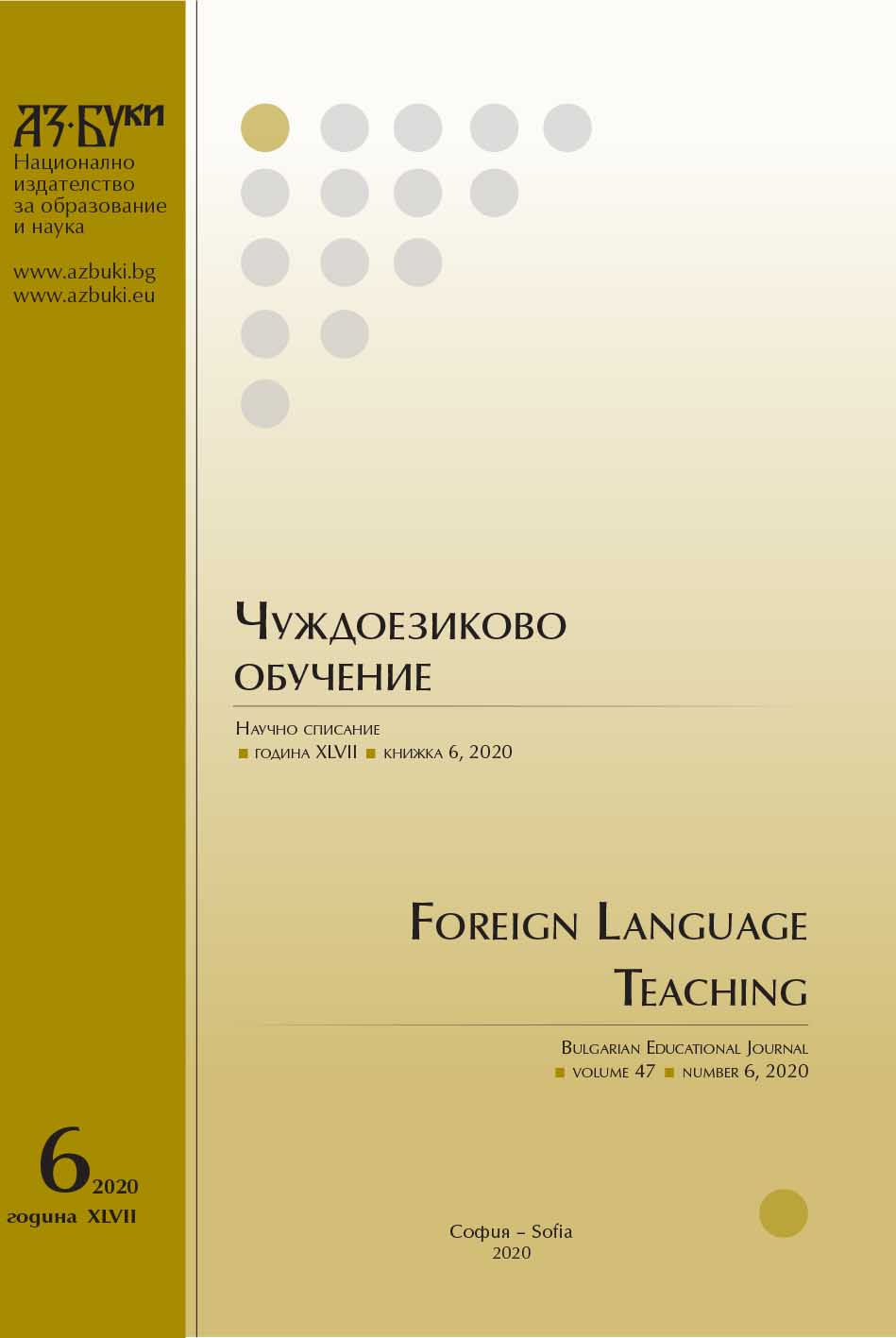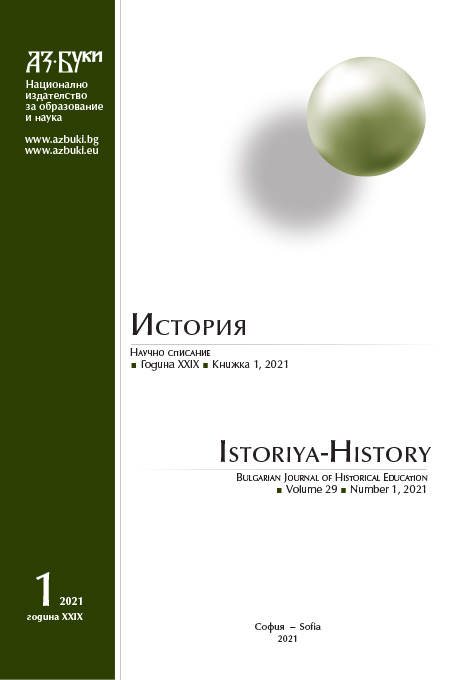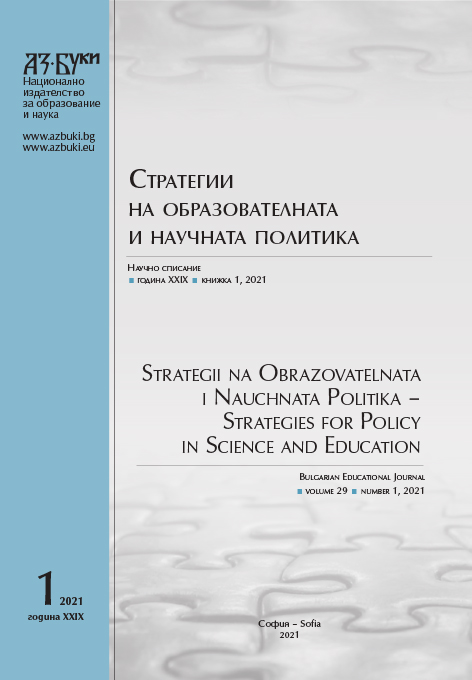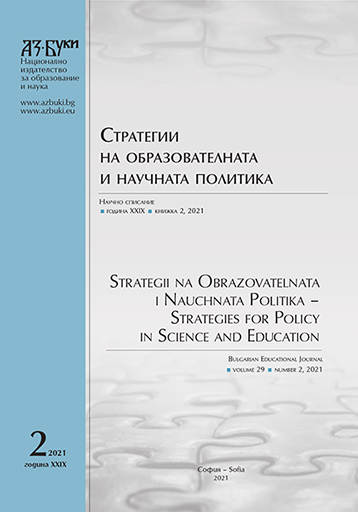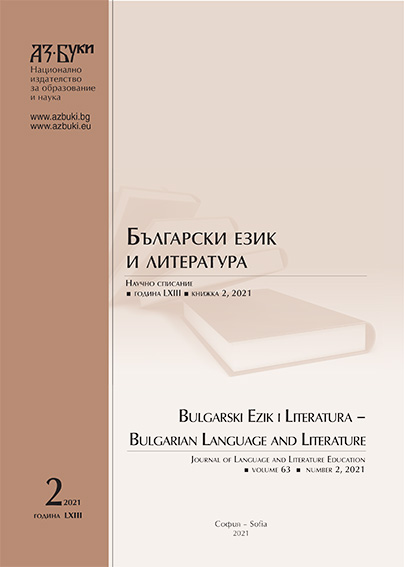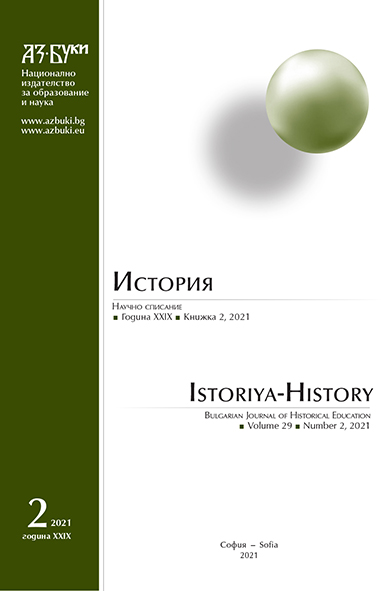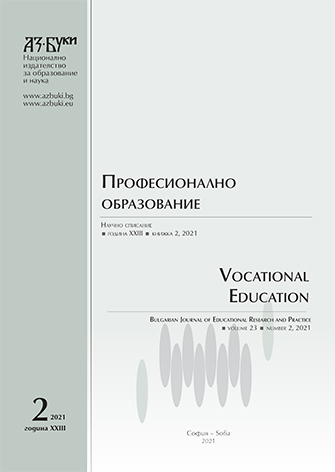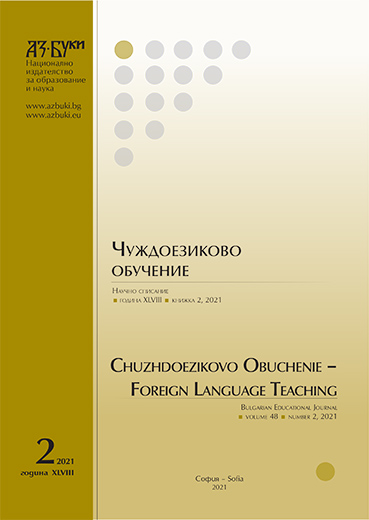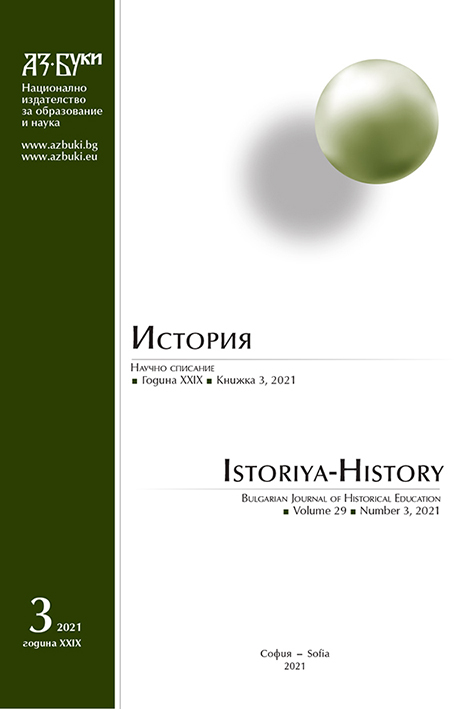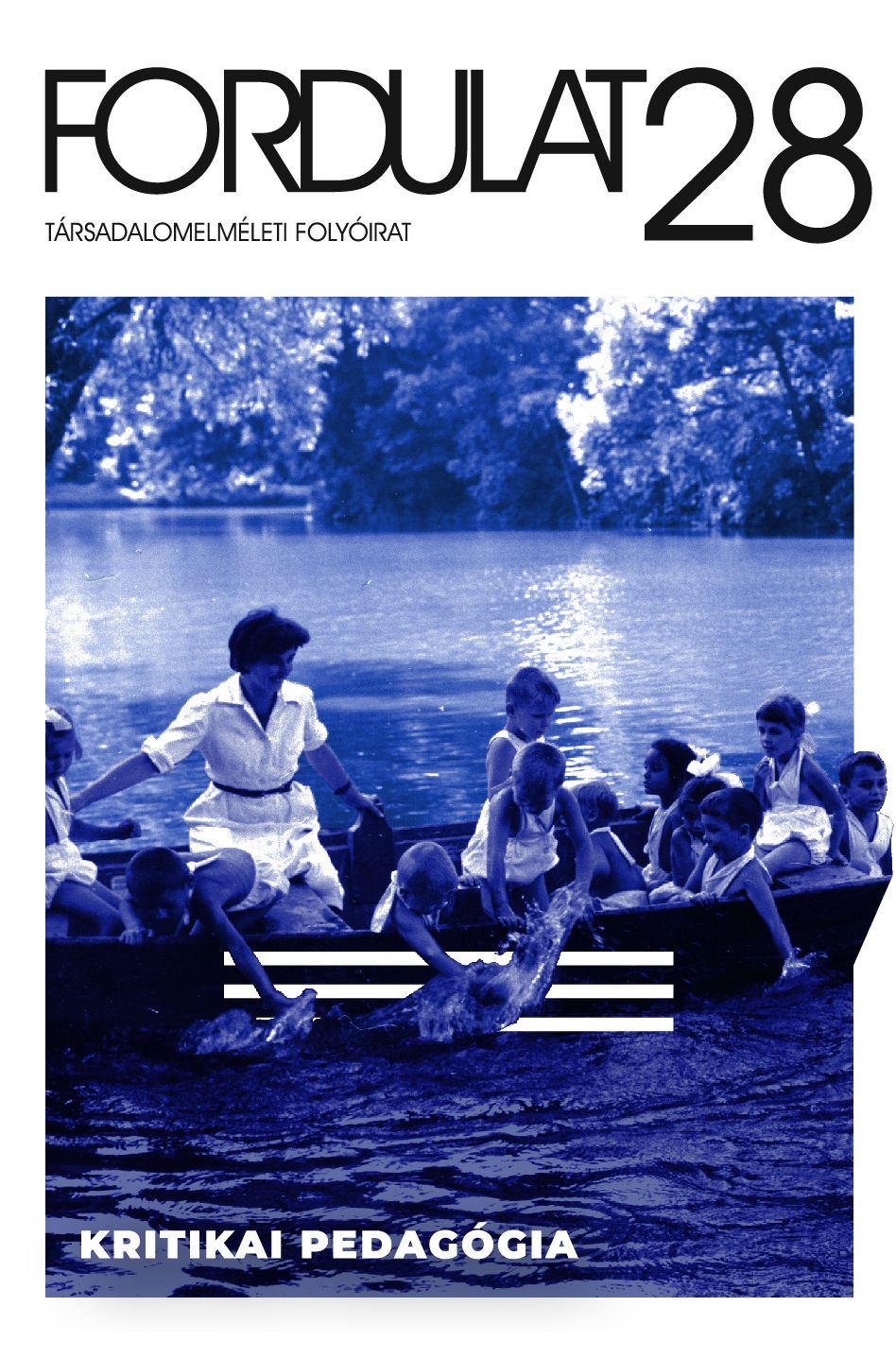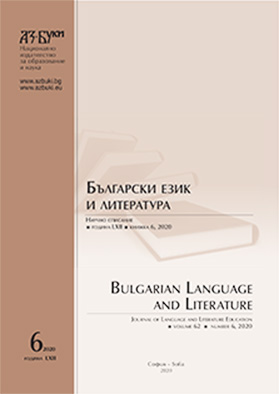
За акцентуването при сложните съществителни имена в българския език
The paper offers an analysis of the accentuation of complex nouns in the Bulgarian language, based on the theory of optimality and the interaction between morphology and phonology. The aim is to outline the tendency for realization of the accent characteristic of the dominant component in the structure, which acts in parallel with metric regularities. Constraints are formulated, expressing basic regularities in the accentuation, such as the orientation of the main stress to the right base and the morphological head. Their ranking in different types of structures is considered. A metric constraint is also introduced, describing the initial position of the secondary stress under certain conditions. The conclusion is substantiated that the additional accent in many cases is lexical and serves for semantic differentiation, and at the same time it also has a metrical manifestation.
More...
